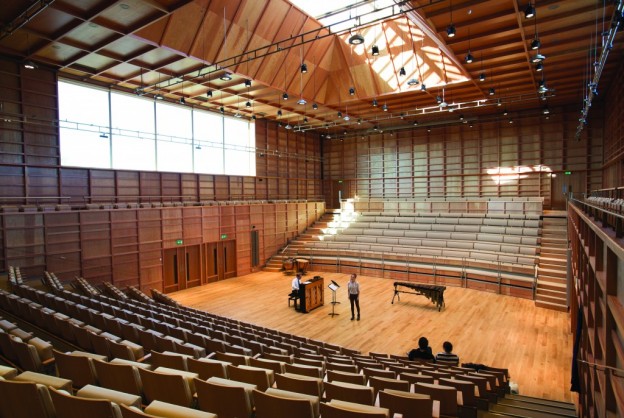We return to the Cathedrals of Canterbury and Rochester next month for our winter graduation ceremonies and we invite you all to get involved to help make these special occasions for our graduands.
There is one ceremony in Rochester on Wednesday 23 November and three in Canterbury on Friday 25 November.
You can sign up here.
There are a range of roles to take on and they all give you the opportunity to share in the celebrations and pass on your congratulations. They include:
- Ticket Collection: You will be responsible for helping graduands and guests exchange their ‘E-Receipts’ for graduation tickets.
- Graduand Registration: This role assists with checking in each graduand as they arrive and giving them a number to line them up in processional order around the precinct. You will have an alphabetised list of names to check.
- Ushering: As an usher, you will be responsible for making sure the guests are seated promptly and safely in the Cathedral prior to, during and post ceremony
- Certificate Table: Based inside the Cathedral, this role is responsible for ensuring that all graduates receive their certificate.
- Share in the celebrations of our graduands as they become our graduates and experience the joy of graduation ceremonies.
- Spend time working in the wonderful locations of Canterbury and Rochester Cathedral.
- Get free refreshments (including one or more meals) if you work for two or more consecutive ceremonies.
We will be delighted to have you for any times you are available. We will send you the briefing closer to the ceremonies that confirms your start times and who to report to on the day.
If you have any questions in the meantime, please do not hesitate to get in touch or if you are all set to help you can sign up here.










